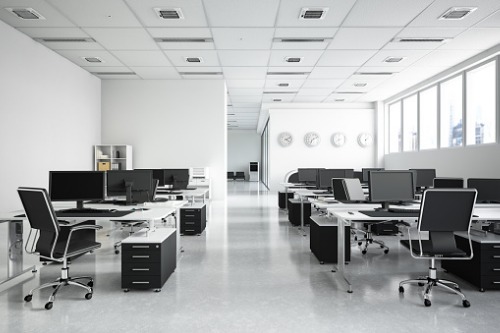And New York is the most expensive market per desk

The shift towards flexible working has been changing the demand of office tenants over recent years and a new report shows the strength of the market.
But there are wide differences in the returns that spaces including co-working, serviced, and hybrid centers offer, based on an analysis of the top 18 markets globally.
The Instant Group says that currently flexible space represents 5% of overall office space, showing immense future growth potential despite already significant surges in growth and supply. The firm’s forecast suggests that it could increase to between 30% and 40% of total office space in the next decade.
"The market for flexible workspace is becoming increasingly sophisticated as operators go after the corporate market. Requirements are being taken for longer, client demand is becoming more nuanced, and operators are responding because of their agile business models," explained Tim Rodber, CEO of the Instant Group. "Now we are seeing the market evolve outside of the CBDs of the leading cities."
Both flexible workspace demand from clients and flexible workspace supply increased 19% on average last year with demand almost double the global average in Berlin, Paris, Chicago, Los Angeles, and Vancouver year-over-year.
Pricing moving lower
Across the cities included in the report pricing has cooled by an average of 5%.
New York remains the most expensive market per-desk in the world (averaging $1,063) despite a decrease in desk rates of 4%, largely accounted for by a supply increase year-on-year of 21%, much of which was in Brooklyn and Queens, which have lower rates.
San Francisco had the second highest cost-per-desk, at $951 per desk, on average, despite a decrease in desk rates of 12%.
"Overall, we have seen that in markets that have seen supply increase by more than 20%, those same markets have seen reductions in average desk pricing, largely because the growth accounts for new flexible workspaces outside the primary office market, which as such have lower costs-per-desk," said Rodber.



